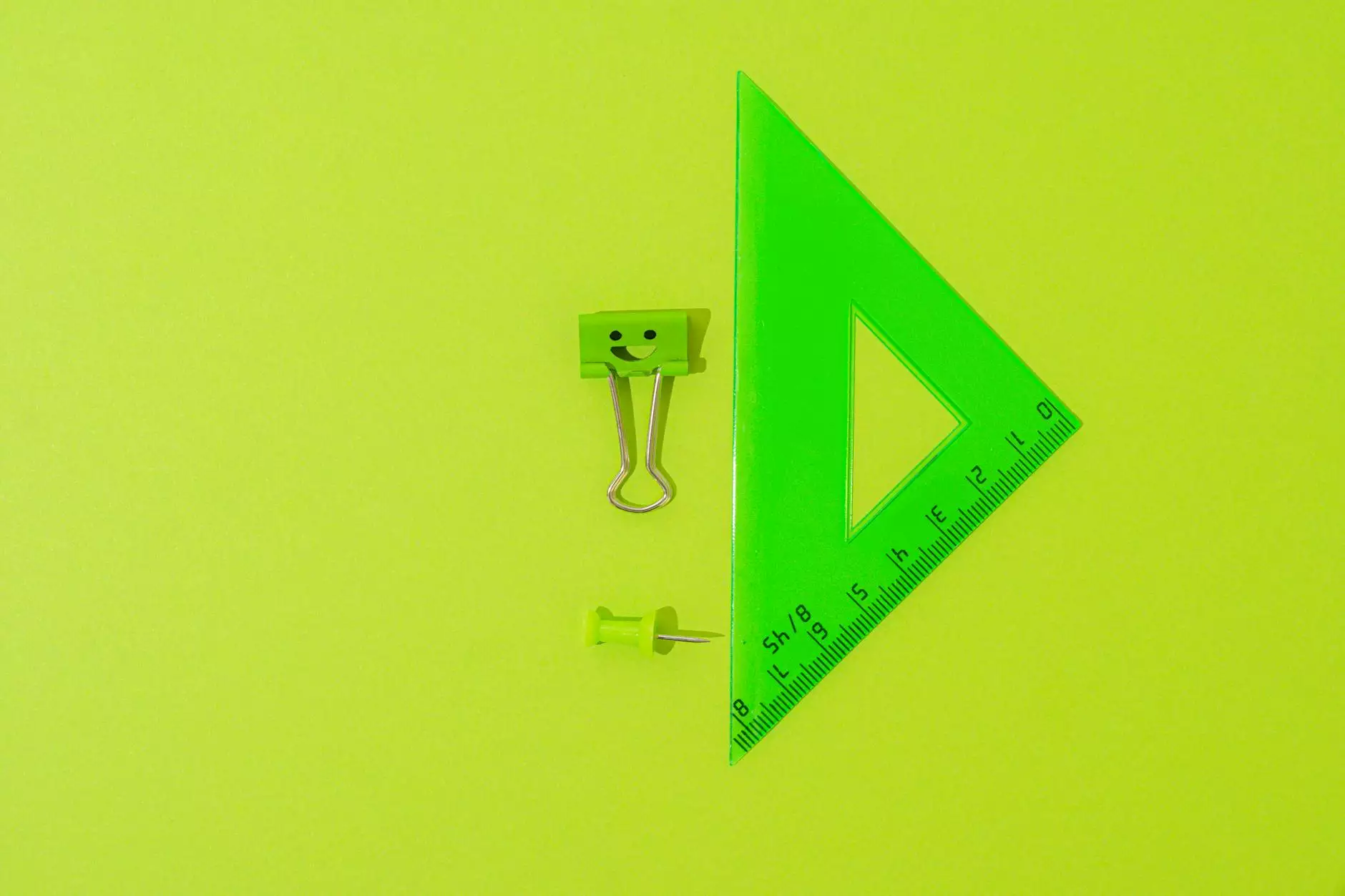CNC Machining Parts Manufacturer: Precision Engineering for Exceptional Products

In the world of manufacturing, precision is not just a goal; it is a fundamental requirement. CNC machining parts manufacturers like Deep Mould bring this precision to life, ensuring that every component meets stringent standards and fulfills the specific needs of various industries. The evolution of machining technologies has transformed the landscape, allowing for greater accuracy, efficiency, and versatility. This article delves into the intricacies of CNC machining, its applications, and the benefits of choosing a leading manufacturer.
Understanding CNC Machining
CNC stands for Computer Numerical Control, a sophisticated technology that automates the control of machine tools through a computer. CNC machining involves the use of computerized systems to dictate the movement of production equipment. This technology has revolutionized how parts and components are manufactured, enabling greater consistency and minimizing human error.
The Process of CNC Machining
The CNC machining process can be broken down into several key steps:
- Design: Using CAD software, engineers create a detailed digital model of the part to be manufactured.
- Coding: The CAD design is converted into a CNC code (G-code) that instructs the machine on how to produce the part.
- Machining: CNC machines interpret the code and begin the machining process using tools like lathes, mills, or routers.
- Finishing: After the main machining process, additional finishing steps may be taken to achieve the desired surface quality.
- Quality Control: Finally, the manufactured part is inspected to ensure it meets all specifications.
The Importance of Precision in Machining Parts
In industries such as aerospace, automotive, and medical, precision machining is crucial. Even a minuscule error can lead to catastrophic failures or malfunctioning products. Here are some reasons why precision is paramount:
- Safety: Components used in critical applications, such as aircraft or surgical tools, must be manufactured with the utmost precision to ensure safety and reliability.
- Performance: High-quality precision parts enhance the performance of machines and systems, resulting in increased operational efficiency.
- Cost-Effectiveness: Accurate parts reduce waste during manufacturing and decrease the likelihood of costly reworks.
Applications of CNC Machining Parts
CNC machining parts are utilized in a wide range of industries, demonstrating their versatility. Here are some prominent applications:
Aerospace Industry
In the aerospace sector, components must withstand extreme conditions. CNC machining produces parts such as turbine blades, landing gear components, and brackets with remarkable precision to ensure structural integrity and performance reliability.
Automotive Industry
The automotive industry relies on CNC machining for manufacturing engine components, transmission parts, and even intricate body panels. The ability to create complex geometries with precision is essential for modern vehicles.
Medical Equipment
Medical devices require parts that meet rigorous safety standards. CNC machining is used to create surgical instruments, implants, and diagnostic tools that must be exact in size and quality.
Advantages of Partnering with a Top Manufacturer
Choosing a leading cnc machining parts manufacturer like Deep Mould comes with several advantages:
1. Advanced Technology
Top manufacturers invest in the latest CNC technology, ensuring they produce cutting-edge components. High-speed machining centers, multi-axis systems, and automated tooling can significantly enhance production capabilities.
2. Expertise and Experience
With years of industry experience, manufacturers develop a deep understanding of various materials and applications. This expertise allows them to offer tailored solutions that meet specific customer requirements.
3. High-Quality Standards
Leading manufacturers adhere to strict quality control measures. They often maintain ISO certifications, which ensure that every part produced meets international quality standards.
4. Customization Flexibility
Not all parts can be manufactured from standard designs. The ability to customize designs based on client needs is a significant advantage that top manufacturers provide. From small batches to large-scale production runs, flexibility is key.
Materials Used in CNC Machining
The choice of material is critical to the CNC machining process. Different applications require different materials, each offering unique characteristics:
- Aluminum: Lightweight and corrosion-resistant, ideal for automotive and aerospace applications.
- Stainless Steel: Known for its strength and corrosion resistance, widely used in medical devices and industrial applications.
- Plastics: Commonly used in manufacturing parts for electronics and consumer goods due to its versatility and cost-effectiveness.
- Titanium: Exceptional strength-to-weight ratio, often used in aerospace and medical industries for high-performance components.
Quality Control in CNC Machining Parts Manufacturing
Ensuring quality in CNC machining is an ongoing process. Manufacturers implement several methods to maintain quality:
1. In-Process Inspection
During machining, operators conduct regular inspections to detect any deviations from the required specifications. This proactive approach helps catch potential issues early in the manufacturing process.
2. Final Inspection
After the machining process, each part undergoes a thorough inspection. Techniques such as coordinate measuring machines (CMM) are used to verify dimensions and ensure conformity with the original designs.
3. Certifications
Many manufacturers obtain certifications such as ISO 9001, which demonstrate a commitment to quality management and continuous improvement in manufacturing processes.
Environmental Considerations in CNC Machining
As an essential aspect of modern manufacturing, CNC machining must also consider its environmental impact. Employing sustainable practices can lead to a reduced carbon footprint and a more responsible manufacturing process.
1. Waste Reduction
Minimizing waste during production is vital. CNC machining is inherently efficient, as it allows for precise cuts which leave little scrap material.
2. Energy Efficiency
Investing in energy-efficient machines and practices can significantly reduce the energy consumption associated with manufacturing.
3. Material Recyclability
Utilizing materials that can be recycled after their use contributes to sustainability in the manufacturing process.
The Future of CNC Machining Parts Manufacturing
The future of CNC machining parts manufacturing looks promising, with the advent of advanced technologies such as Industry 4.0. The integration of IoT (Internet of Things) into machining operations is set to enhance production efficiency further. Smart factories, equipped with connected devices and real-time data analytics, will provide manufacturers with insights that can lead to improved decision-making and productivity.
Conclusion
In conclusion, the role of cnc machining parts manufacturers like Deep Mould is pivotal in today’s manufacturing landscape. Their commitment to precision, quality, and advanced technology ensures that they remain at the forefront of the industry. As manufacturing continues to evolve with new technologies and sustainable practices, partnering with a reputable manufacturer will not only meet immediate needs but also pave the way for future innovation and success. Whether it’s aerospace, automotive, or medical applications, the importance of choosing the right CNC machining parts manufacturer cannot be overstated.









